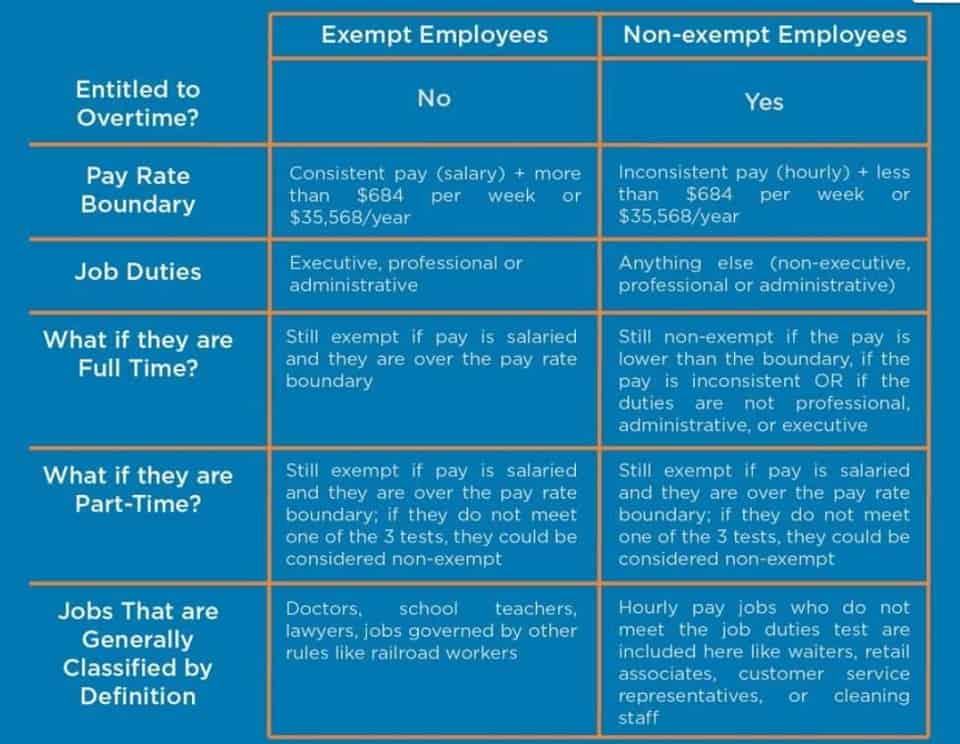
Without thoroughly understanding your numbers, you can’t project your business’s future success. Having an eCommerce accounting system in place enables you to plan for the future confidently. Let us know and we’ll pinpoint specific ways you can save money and make more money each month. We work with you to connect all of your sales channels and accounts so that you don’t have to worry about it going forward.
Virtual assistance agencies also provide a level of flexibility that in-house bookkeepers cannot match. You can communicate with your bookkeeper via email, phone, or video conference, making collaborating easier and getting the support you need. Several studies show that eCommerce sales global e-commerce sales will increase to 6.4 trillion USD by 2024. You might also want to use CFO services from Lyfe Accounting to help you with your business needs. And when tax season rolls around, and you file your tax returns, make sure they’re correct and complete.
We handle your books
Comprehensive bookkeeping is absolutely essential if you’re running an ecommerce business. You’ll need to deal with issues like tracking inventory, ecommerce bookkeeping sales tax, financial reports, and merchant fees. Without an accountant or a dedicated bookkeeping program, managing records is a challenging task.

Additionally, e-commerce accountants need a firm grasp of how your inventory chain and process works. For a traditional store, inventory is easier to manage and track; however, with e-commerce, you may be shipping in your inventory from warehouses overseas. At times, you may never even come into contact with your own inventory, which means that having an effective inventory management plan is essential. Some seller platforms may also charge additional fees for storing your inventory. This means that having merchandise simply sitting in the warehouse can end up costing you money. Understanding how to efficiently manage your inventory flow is a key task for e-commerce accountants.
It’s possible! Subscribe below & we’ll send you our Bookkeeping Packet. A pack of resources to teach you about bookkeeping.
Regardless of where you are in your eCommerce business, bookkeeping and accounting are two of the most critical determinants for your long-term success. Without a solid eCommerce bookkeeping and accounting system in place, things can quickly go awry. Consider hiring accountants when your business experiences rapid growth, deals with complex tax situations, or requires strategic financial planning and goal setting. Inventory management is an ongoing issue for eCommerce business owners and it gets even more confusing when incorporating it into your bookkeeping. Keeping your eCommerce bookkeeping up to date each month is important so that you can see what’s happening in your eCommerce business. It helps you to make smart decisions for inventory, growth, and overall expenses.
Assets are items of value that you possess, liabilities are your debts, and equity is the difference between these two items. These standards and procedures are instituted by the Financial Accounting Standards Board (FASB). Once you have created a budget, you should compare it regularly with your actual results and analyze any possible variances. This will help you identify areas where you can improve performance or reduce costs. Expert advice and resources for today’s accounting professionals.
Why would you outsource your eCommerce bookkeeping?
Choose the Right Accounting SoftwareInvesting in the right accounting software is paramount. Some popular options for ecommerce businesses include QuickBooks, Xero, and Wave. These platforms streamline bookkeeping tasks and provide valuable insights. But, online sellers encounter opportunities and face challenges very frequently. For making your ecommerce business successful, it is important to have good financial management.
- Here, you’ll learn about how to keep books for an ecommerce business, tools to help you, and common mistakes to avoid.
- Ecommerce accountants do more than just record and report financial data.
- This includes metrics like cash flow and gross profits, balance sheets, and profit and loss (P&L) statements.
- The first step in setting up your e-commerce accounting is to pick an accounting system.
- They will be well-trained in different tools used for bookkeeping.
- Ecommerce accounting refers to the collection, analysis, organization, and reporting of financial data for e-commerce businesses.
Many e-commerce businesses benefit from hiring professional accountants or tax consultants to navigate complex tax codes. If your business needs help with your accounting services, it may benefit you to look into outsourced accounting. By working with an outsourced accounting firm, your business gains access to an entire team of e-commerce bookkeepers and e-commerce accountants. Some of these firms even offer fractional CFO services to help you plan a financial strategy to help your company grow and improve. Here, we’re looking at the difference between e-commerce bookkeepers and e-commerce accountants. We highlight the essential tasks of each of these types of professionals and inspect key differences.
Cash basis accounting
Our Sales Tax Assessment compares your numbers to the latest state guidelines. And we will confidently recommend the states you should be registered, collecting, and remitting Sales Tax. Contact us today to take advantage of comprehensive eCommerce accounting services.
